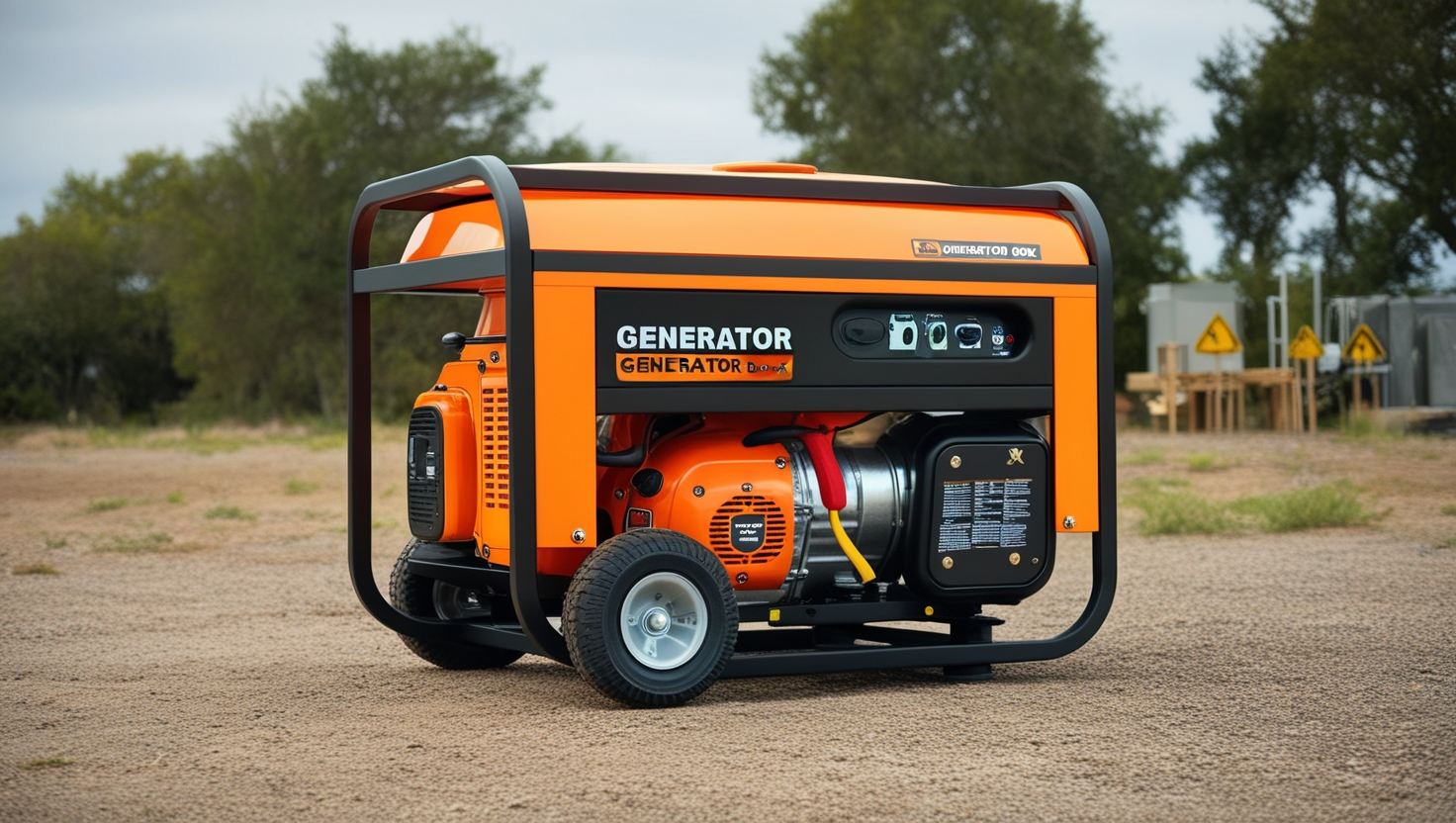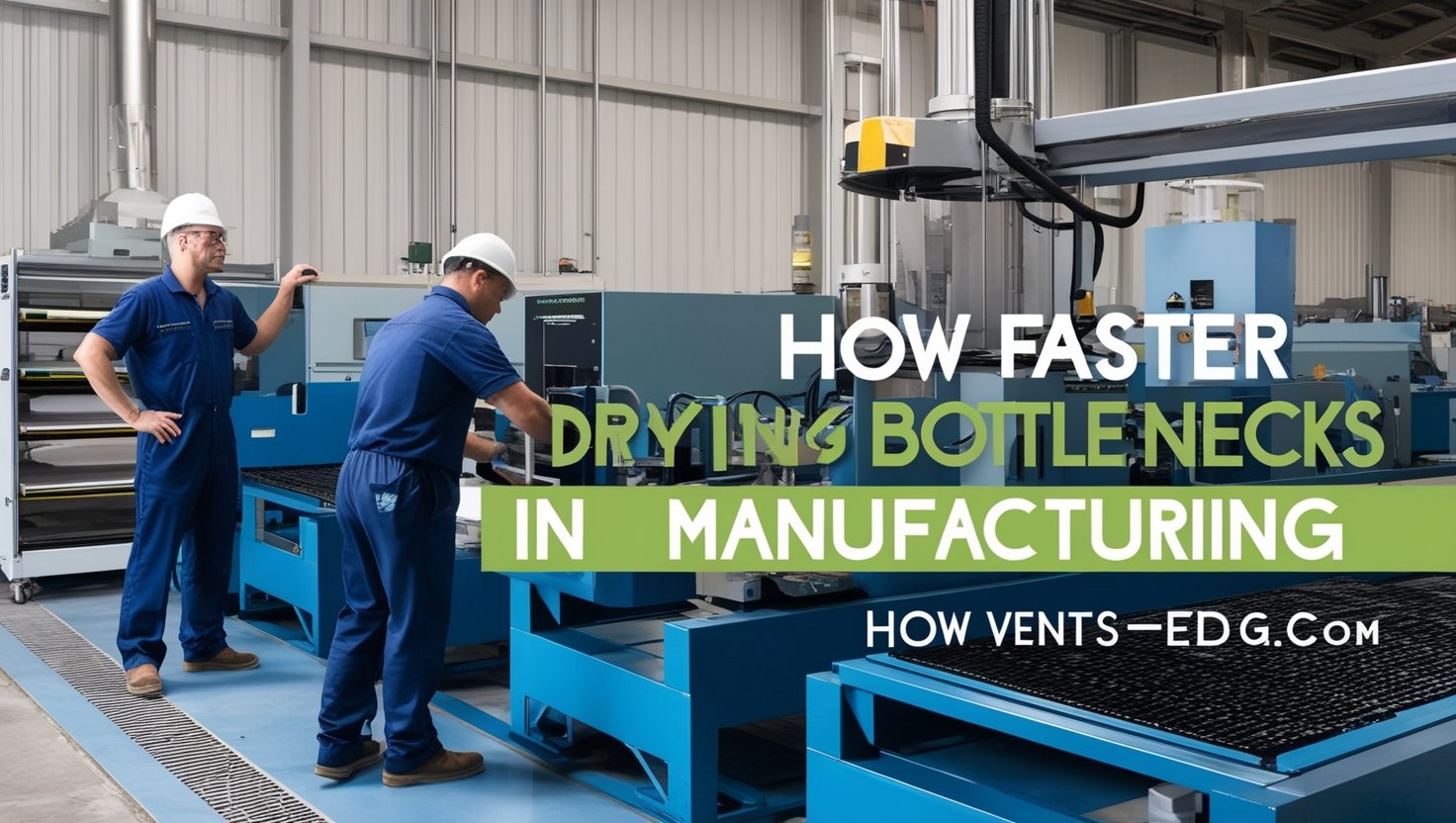
A generator box is one of the most essential accessories for effectively maintaining and operating a generator. Whether you use a generator for backup power during emergencies, outdoor activities, or job sites, it is crucial to protect it from external factors that could compromise its performance. This enclosure is designed to shield your generator from weather, noise, theft, and general wear, ensuring reliable power whenever needed.
In this article, we’ll explore the benefits of using a generator box, the available types, and key considerations to remember when purchasing one. By the end, you’ll understand how this simple addition can significantly improve the life and efficiency of your generator.
What Is a Generator Box?
A generator box is a durable enclosure designed to house a generator, protecting it from environmental damage and improving its functionality. Generators are often exposed to harsh weather, dirt, and debris, which can degrade their performance over time. This protective housing acts as a shield, ensuring that your generator remains operational in all conditions.
These boxes are available in various sizes, materials, and designs to suit different models and uses. From compact, portable options to robust, stationary enclosures for industrial applications, there’s a solution to meet every need.
Benefits of Using a Generator Box
Using this type of enclosure offers several advantages that make it an indispensable accessory for generator owners.
1. Weather Protection
Generators are often exposed to rain, snow, and extreme temperatures. A generator box provides a weatherproof barrier, preventing water damage, corrosion, and other weather-related issues. This ensures your equipment remains functional even during severe storms.
2. Noise Reduction
Many of these boxes are equipped with noise-dampening materials, making them ideal for residential use. If you use your generator at home or in noise-sensitive environments, such an enclosure can significantly reduce the noise, creating a quieter and more comfortable atmosphere.
3. Enhanced Safety
Generators can pose safety risks due to hot surfaces, moving parts, or electrical hazards. This housing keeps these dangers contained, minimising the risk of accidents. Additionally, it prevents unauthorised access, making it safer for households with children or pets.
4. Theft Prevention
Portable generators are often targets for theft, especially in outdoor or remote locations. A lockable protective box adds an extra layer of security, deterring potential thieves and ensuring your investment remains safe.
5. Increased Durability
By protecting your generator from dust, debris, and physical damage, this enclosure helps extend its lifespan. Regular use in rough conditions can lead to wear and tear, but well-designed housing keeps your equipment in optimal condition for longer.
Types of Generator Boxes
Several types of enclosures are available, each designed for specific needs and applications. Understanding the options will help you choose the right one for your generator.
Portable Generator Box
Portable boxes are lightweight and easily transported, making them ideal for outdoor activities like camping, tailgating, or mobile job sites. These housings often feature handles or wheels for added convenience and are designed to withstand the elements.
Stationary Generator Box
Stationary enclosures are designed for fixed installations, such as home standby generators. These robust, weatherproof boxes offer long-term protection for generators in one location.
Soundproof Generator Box
Soundproof housings are specially designed to minimise the noise produced by generators. They use sound-absorbing materials and insulated panels to reduce decibel levels, making them perfect for residential or office environments where noise control is essential.
Custom Generator Box
For unique requirements, custom enclosures can be tailored to fit specific generator models. While these may be more expensive, they offer your equipment the best fit and protection.
How to Choose the Right Generator Box
Selecting the best enclosure for your needs involves considering several factors, including the size of your generator, its intended use, and budget.
Size and Compatibility
The box should fit your generator snugly while allowing adequate space for ventilation and operation. Check the dimensions of both your generator and the housing to ensure compatibility.
Material and Durability
Look for an enclosure made from durable materials like stainless steel, aluminium, or high-quality plastic. These materials resist rust, corrosion, and physical impact, ensuring long-term protection.
Ventilation
Proper ventilation is critical to prevent overheating. A suitable housing should have well-designed vents or fans to allow air circulation without compromising protection.
Noise Reduction
If noise is a concern, opt for a soundproof enclosure with insulation panels. These boxes not only reduce noise but also improve the overall user experience.
Security Features
A lockable housing provides added protection against theft and unauthorised access. Look for models with secure locking mechanisms for peace of mind.
Installation and Maintenance of a Generator Box
Installing this type of protective box is straightforward and often comes with detailed instructions from the manufacturer. For stationary models, place the enclosure on a stable, level surface and ensure it is securely anchored. Portable boxes can be set up quickly and moved as needed.
Regular maintenance is essential to keep your box in good condition. Clean it periodically to remove dirt and debris, and inspect it for signs of wear or damage. If your enclosure has hinges or locks, lubricate them to prevent stiffness.
Enhancing Generator Performance with an Enclosure
A generator box protects your equipment and improves its performance. It operates more efficiently and consistently by operating more efficiently and consistently. This is particularly important during extended use, such as in power outages or construction projects.
Additionally, a well-ventilated housing ensures proper airflow, preventing overheating and reducing the strain on your generator. This enhances performance and lowers fuel consumption, saving you money in the long run.
Where to Buy a Generator Box
Generator enclosures are available at hardware stores, online retailers, and specialised equipment suppliers. Platforms like Amazon, Home Depot, and Lowe’s offer various options to suit different needs and budgets. Before purchasing, read customer reviews and check product specifications to ensure you make an informed choice.
Many tailored solutions for custom options for custom options that provide the best fit and protection for specific generator models. While these may cost more, they deliver superior functionality and durability.
Conclusion
A generator box is a vital accessory for anyone who owns a generator. BProProtectingm weather, noise, theft, and physical damage ensures that the damageneratorreliable and efficient for years to come. Whether you need a portable box for camping or a stationary enclosure for home use, there’s a solution to meet your needs.
Investing in a high-quality generator box is practical and cost-effective in the long term. It safeguards your equipment, enhances its performance, and gives you peace of mind, knowing that your generator is ready to deliver power whenever needed. With proper maintenance and care, an enclosure can be the key to keeping your generator in top condition.


